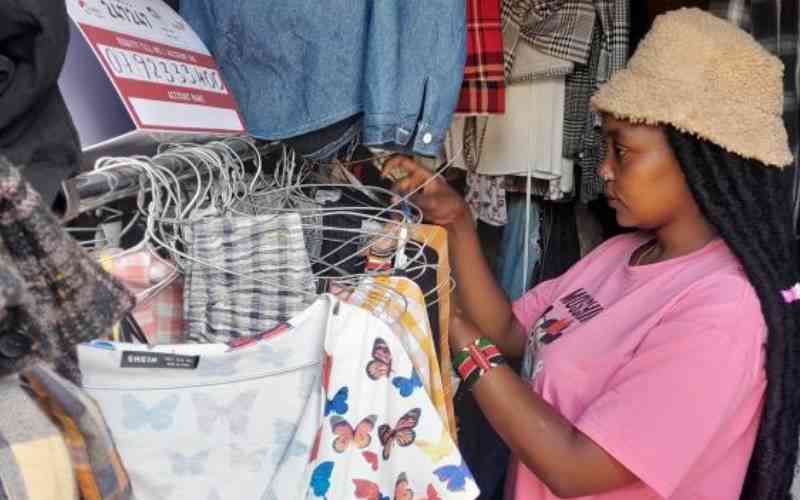
A for Afcon 2027. Kenya and football in one sentence sometimes sound like a serious overreach, but the country will be rushing to get facilities ready for the 2027 African Cup of Nations, which the country co-hosts with Uganda and Tanzania.
As such, the Permanent Secretary for the State Department for Sports, in conjunction with Sports Kenya, is required to submit to the National Assembly "clear resource requirements and funding options" for each stadium and training grounds earmarked for upgrading and construction. Afcon is expected to boost local business and expenditures to lay ground for it are already being discussed in the Budget.